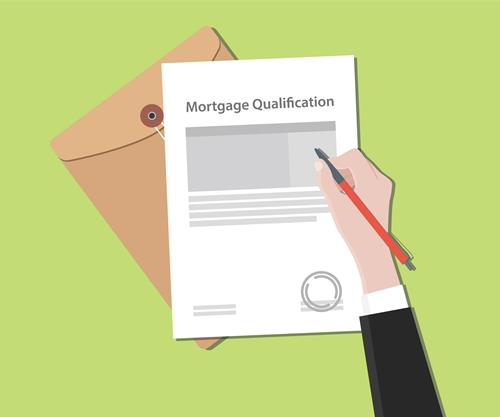One of the first questions people ask when they talk to a lender or broker is: “What’s your best rate?” Or a derivation of that.
But mortgage rates depend on so many factors that it’s impossible to quote rates without asking a lot of questions. When we write about rates here on the Spy we have to make assumptions. Otherwise, every story we post would have another 500 words of disclaimers.
Unless otherwise noted, for all rates and recommendations referenced in stories or social media, we assume the borrower has:
- Good credit
- 700+ credit score, established credit, no past insolvencies, etc.
- Sufficient equity for the rate in question
- Including:
- A non-borrowed down payment from the borrower’s own resources, if the mortgage is for a purchase
- 20%+ equity if the mortgage is a refinance and/or uninsured
- Including:
 A reasonable debt load
A reasonable debt load
- Among other things, this means prudent credit balances relative to income, the ability to pass the “mortgage stress test” and reasonable debt ratios
- A property that’s readily marketable
- In a decent enough urban location
- A standard residential property type
- e.g., not a cottage, farm, mobile home, condotel, co-op, etc.
- An owner-occupied primary residence
- With respect to the mortgage being quoted
- The ability to qualify for default insurance
- If required for the rate in question
- Established, stable full-time employment
- i.e., you don’t hop from job to job, are not on probation and don’t work for a higher-risk employer (e.g., a car company that may shut down the plant you work in)
- Sufficient provable income from employment sources
- If you’re self-employed, that means two years of adequate income on your tax returns, for example.
- Note: If you rely on rental income from other properties, your options may differ.
- Enough money for closing costs
- That is, if the mortgage is for a purchase.
- A mortgage amount that falls within the lender’s minimum and maximum amounts
- Some rates have minimum mortgage amounts, like $150,000 or $300,000
- All lenders have maximum loan amounts and they vary by lender and mortgage type
- An amortization within the lender’s permitted range
- Rates assume a 25-year amortization given that most lenders charge premiums for amortizations beyond that; and some lenders require a minimum amortization, like 18 years
- A closing date within the lender’s rate hold period.
Other factors go into underwriting a mortgage as well (e.g., available assets, co-borrower qualifications, etc.) but we can’t list them all. Above are the big ones.
So, if you see us write about a rate, assess yourself against this list. If you don’t check all the boxes above, odds are your rate will vary.
 log in
log in